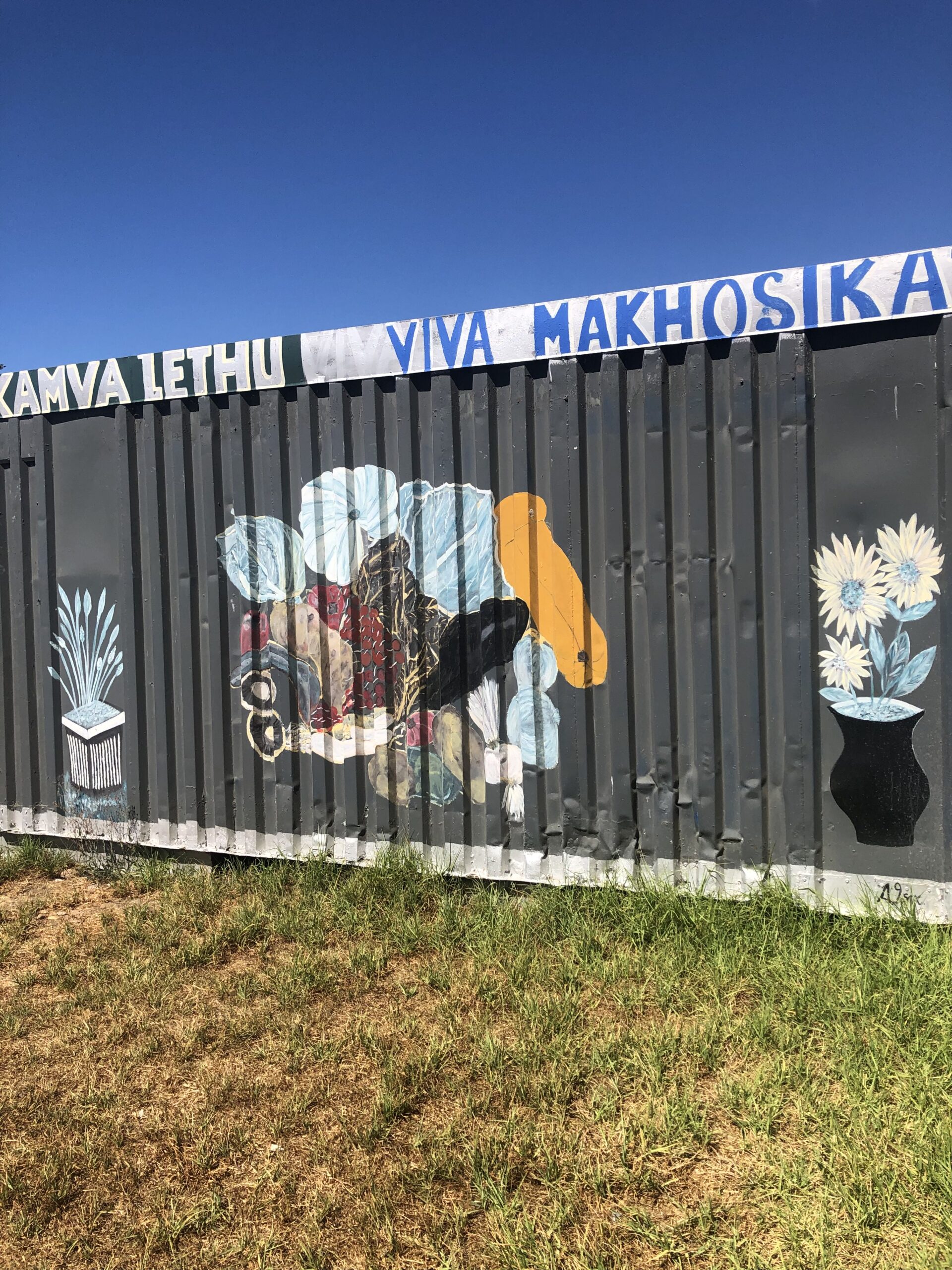
It Takes a Village
South Africa | Week 4 | Worcester, Zwelethemba, and Arniston
Sunday, March 20, 2022
Teamwork to achieve common or personal goals has taken a different form in South Africa so far, where the people I have had the opportunity to interact with predominantly use the power of community to address their daily needs. More-so in rural areas, I have been able to see how children, teenagers, and adults emphasize the importance of maintaining resilient bonds with family, friends, neighbors, and acquaintances to feel socially accepted, have a support system, and gain access to employment opportunities. Yesterday, we arrived in Arniston from our stay in Worcester, where we were commuting to and from the rural township of Zwelethemba. We had a farewell braii, which is similar to a grill food event, where we interacted with the people who helped make our experiential learning in the area possible. I was able to interact with people who were proximate to those I had already met, both in relationship-based proximity and in physical proximity. There were multiple family members and friends who had been invited inside to partake in the festivities along with children who had been playing outside and started looking into the courtyard in curiosity. As I discussed with the children who ranged in age from about 7 years to 13 years, I came to know about the extent to which they knew and cohabited with each other. The children had grown up together and were comfortable as they played games in a shared space. I thought about how they might grow up to be like the adults at our braii who have known and contributed to each other’s lives for decades. Some of the men at the men’s panel we had a few days ago pushed forward the point that money is power because it drives social acceptance and even celebration. They continued by saying that young men are interested in having fruitful social connections that can offer assistance in the emotional and employment spheres of life. Villages, in the figurative and literal sense, can be composed of differently-connected individuals that have common interests at the core of their linkages and their behaviors. With each passing day during our rural stay week, I see how “villages” operate with direct input from residents, not without associated conflicts and challenges. An example of a social challenge within Zwelethemba is that young children, starting at 12 years old, are visiting the only registered pub in the township to purchase and consume drinks. The owners of the locale refuse to stop selling their products to minors since they do not want to lose profit and the police have a discouragingly delayed response time, leaving residents in the area disappointed in their lack of options to be proactive in combating community problems. On the contrary, an example of community teamwork would be the creation of the community pool they were able to secure from the municipality government. My overall impression of the importance of strong social ties is that “villages” are essential for having a productive life within the context of South Africa. Family is the basis of one’s sociality here, followed by family friends and chosen friends. My newly adopted “village” of my cohort and non-student study abroad program contributors is constantly aiming to improve common experiences using participant feedback. Using collaboration, my program community members complete homework assignments, plan social events, provide emotional support, and find solutions for problems. A new goal of mine is to carry the same practice of genuine teamwork with me to the United States, where individualism tends to take precedence over collaboration in social settings.

